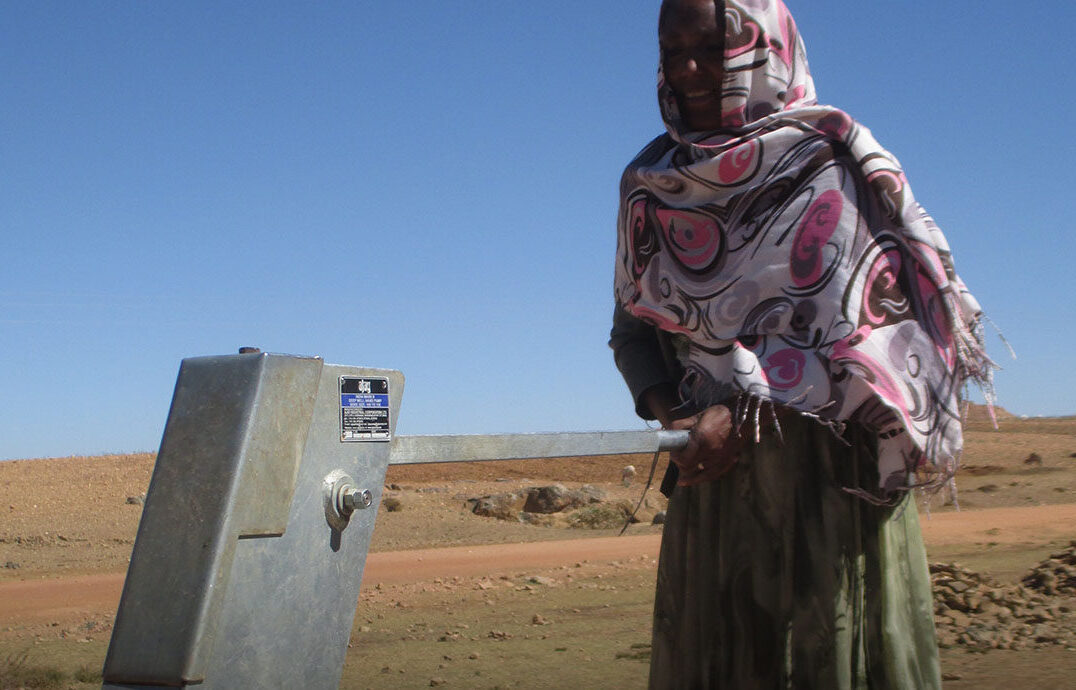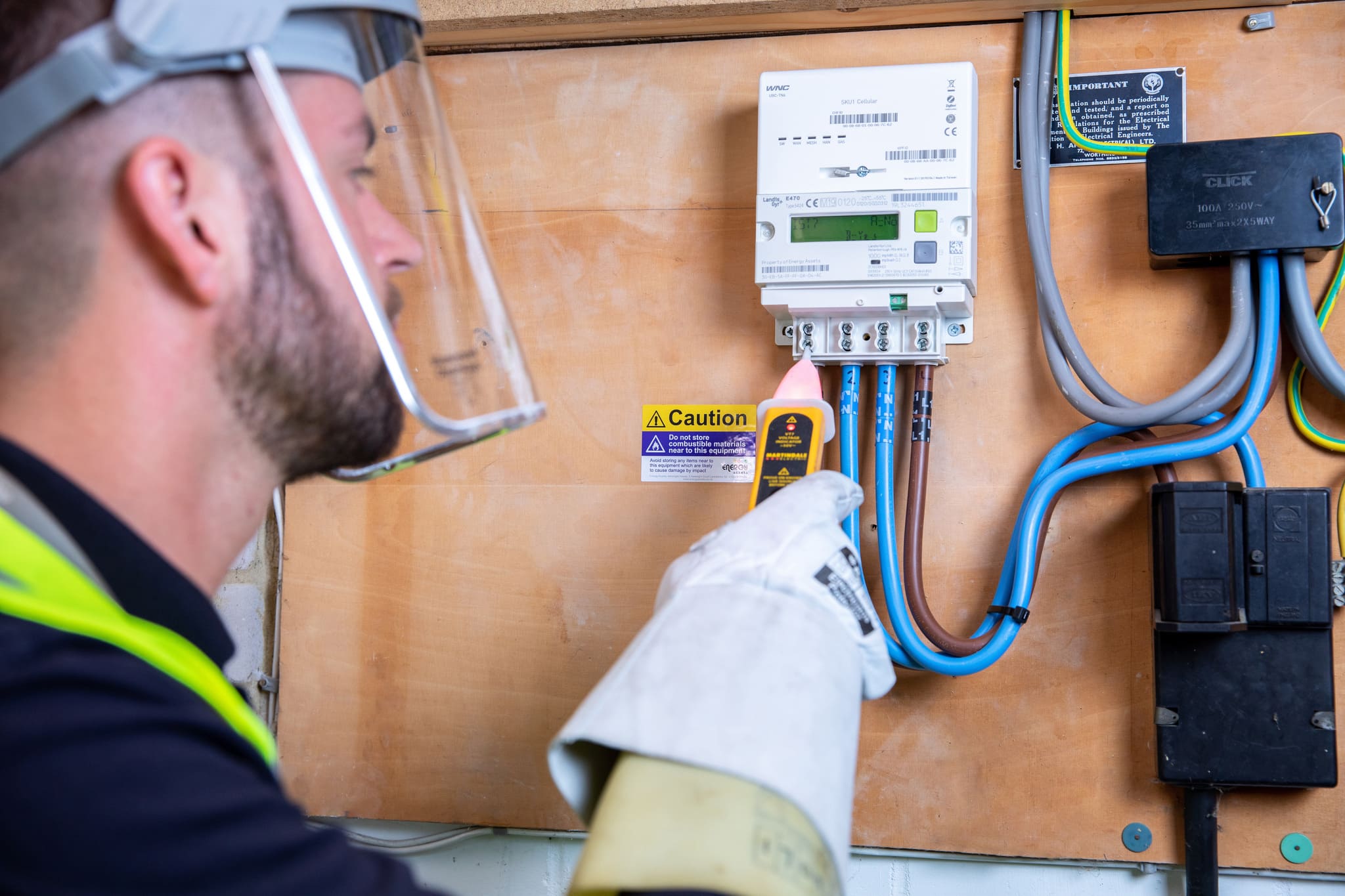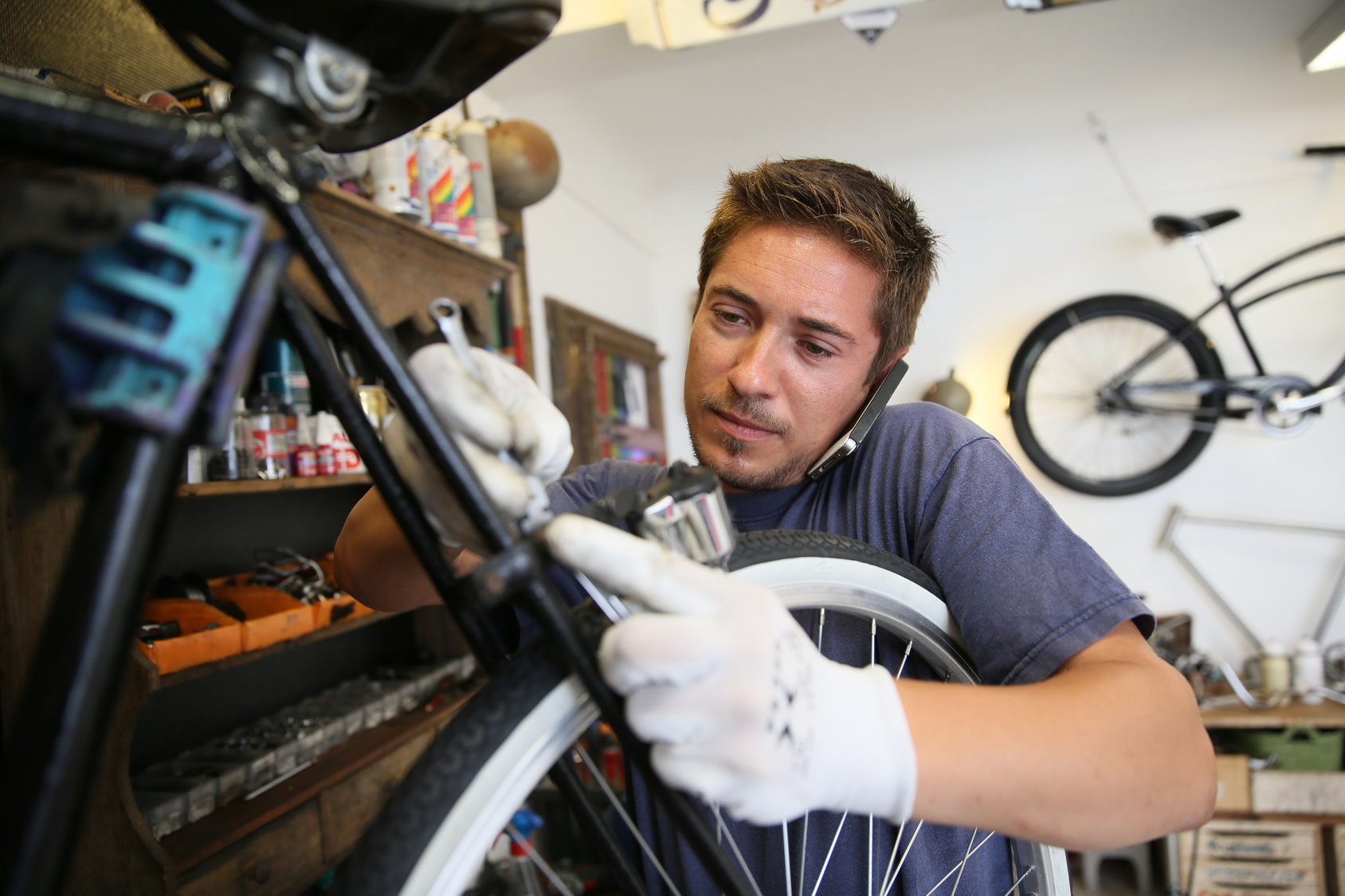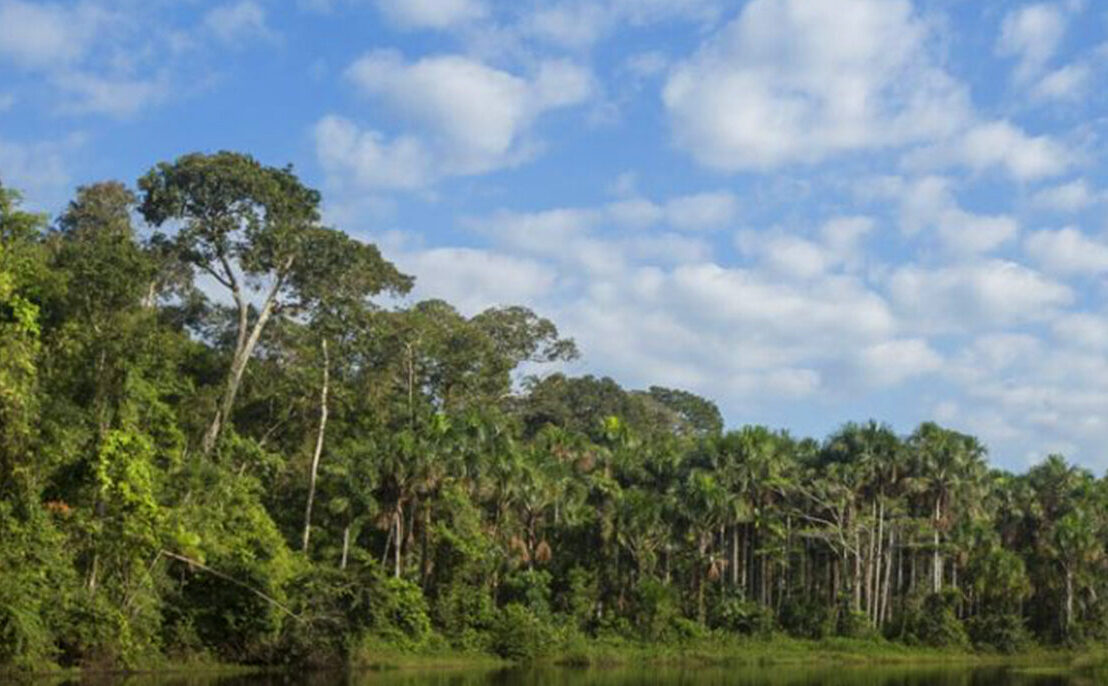The Water Access Crisis
In a world where 60% of people live in areas with water shortages, Eritrea, a small coastal nation in northeast Africa, faces significant challenges. Here, the demand for water often exceeds the available supply, making daily life more difficult. With only 19% of Eritrea’s population having access to clean water nearby, the rest must travel long distances to find water or use unsafe sources like rivers or open wells.
The lack of clean water and sanitation has serious health repercussions, making it the second leading cause of death and disability in the country. This is compounded by persistent drought conditions in the region, putting immense strain on the local communities, therefore intensifying the challenge further.
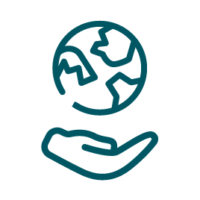
Eritrea’s Water Access Challenge
In Eritrea, many existing boreholes have deteriorated due to poorly managed or costly maintenance programmes, depriving local communities of access to clean water from these deep wells. The wells, often drilled to depths of up to 100 meters, are essential for tapping into underground water sources. Without regular upkeep, these vital water sources become unusable, forcing people to rely on unsafe alternatives or travel long distances to find water. This not only impacts daily life but also poses serious health risks, as contaminated water sources can lead to the spread of waterborne diseases.
Zoba Debub Community Boreholes Project
The Zoba Debub Community Boreholes Project focuses on improving water access by identifying and renovating broken boreholes throughout the region. By restoring these essential water sources, the project is providing communities with reliable access to clean drinking water. Additionally, the project plans to implement a sustainable maintenance programme, training the local community in borehole upkeep and repair. This proactive approach helps maintain the functionality of the boreholes, ensuring a consistent supply of safe drinking water for years to come. By empowering local communities with the skills and resources needed to manage their water sources, the project creates a lasting solution to the water scarcity challenges in Eritrea.
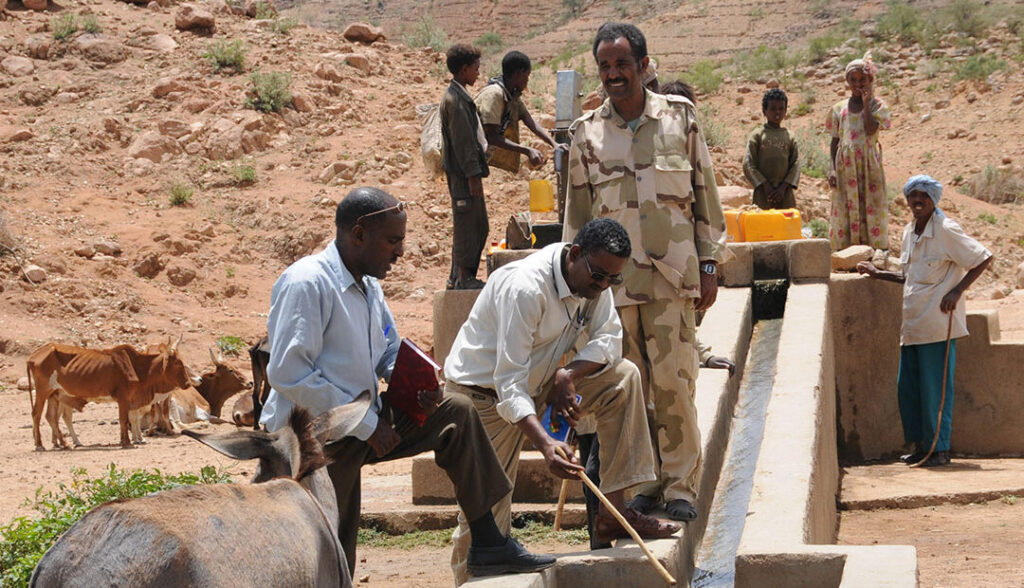
Cutting Carbon Emissions With Safe Water Access
The project isn’t just about providing clean water to the local community—it’s also making strides in reducing carbon emissions. In Zoba Debub, a mostly rural area, it’s typical to see people using wood fuel or inefficient stone fires to purify their water for drinking, cleaning, and washing. While these methods have been part of daily life for a long time, they have a downside: they release greenhouse gas emissions. By providing access to safe water, this project is helping households use less firewood for water purification, which means fewer greenhouse gas emissions are being released into the atmosphere, positively contributing to environmental sustainability in the region.
Smartest Climate Action – How To Take Action And Get Involved
We invite all our stakeholders to join us on this journey towards a sustainable future. Every month we’ll be sharing our sustainable project spotlight via our InfoHub and our socials. If you’re interested in delving deeper into this initiative and our climate action funding, explore our Ecologi dashboard here:
Below you will find our detailed Climate Action Calendar, illustrating our climate action efforts from the past, present, and future.
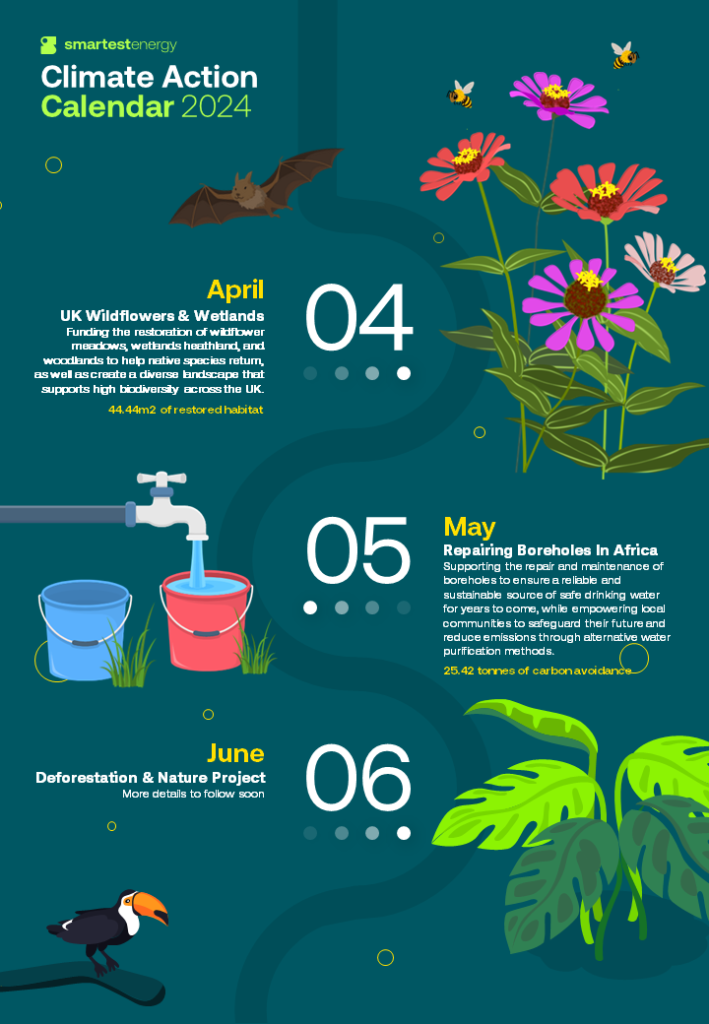
Source: Water Aid
